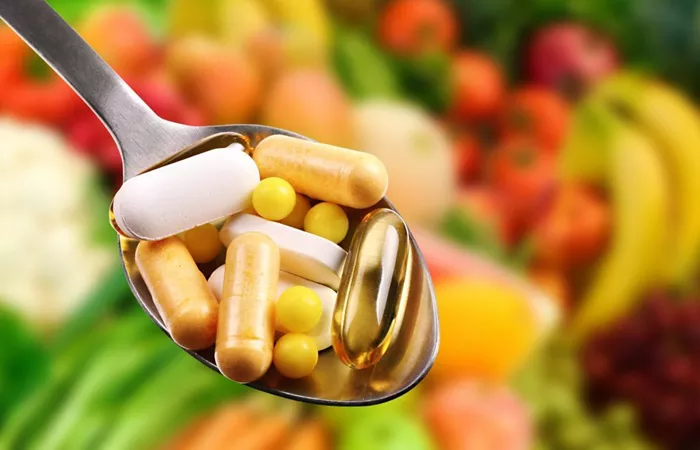When Robert Grafton from New Jersey fell ill in March with nausea and dark urine, he feared something serious. A former medical professional, he suspected liver failure — and blamed the herbal supplements he had recently added to his routine.
Within days, he was hospitalized. Doctors diagnosed drug-induced liver injury, likely triggered by high doses of turmeric and black pepper extract.
“I thought I was doing something healthy,” Grafton said.
Supplement-Linked Liver Injuries on the Rise
The liver filters toxins, but too much of certain ingredients — even natural ones — can cause harm. Supplement-related liver damage is increasing. A 2022 study found an eightfold rise in transplant waitlist cases tied to supplements between 1995 and 2020. Another study linked 20% of liver toxicity cases to supplements, especially those with multiple herbal ingredients.
Turmeric is a top culprit. Grafton took turmeric pills and a turmeric-based drink, unaware of how high the dosage was. His doctor, Dr. Dina Halegoua-De Marzio, said the combination overwhelmed his liver.
“People think natural means safe, but that’s not always true,” she said.
Little Oversight, Big Risks
Supplements aren’t regulated like prescription drugs. The FDA cannot approve their safety before sale and can only act after harm is reported. As many as 75% of U.S. adults take supplements, often without medical advice.
Some herbal ingredients tied to liver injury include turmeric, green tea extract, ashwagandha, and red yeast rice. These are widely available and often marketed as health boosters.
Doctors advise informing your physician about any supplements you take. Some can interact dangerously with medications or worsen existing conditions.
Grafton recovered fully but no longer takes supplements.
“That was enough for me,” he said.
Related topics:


